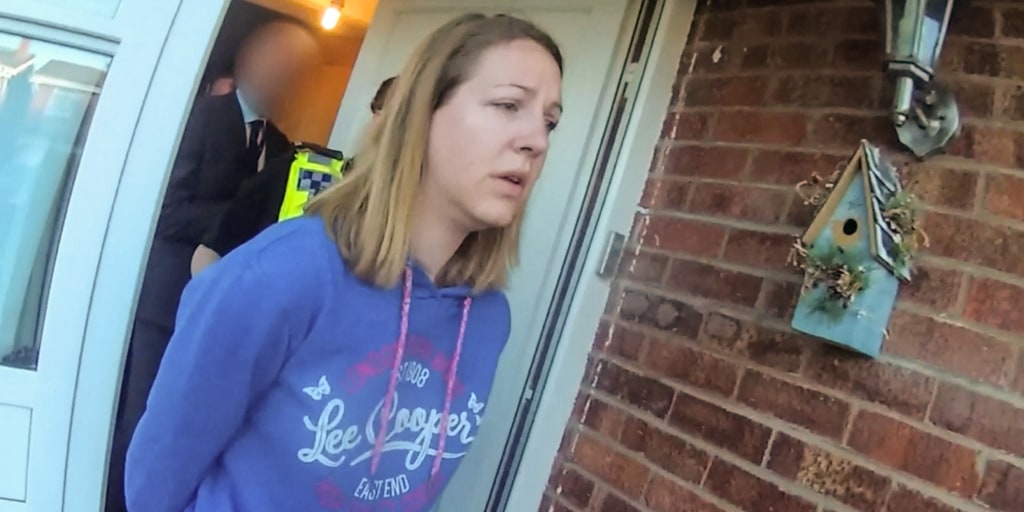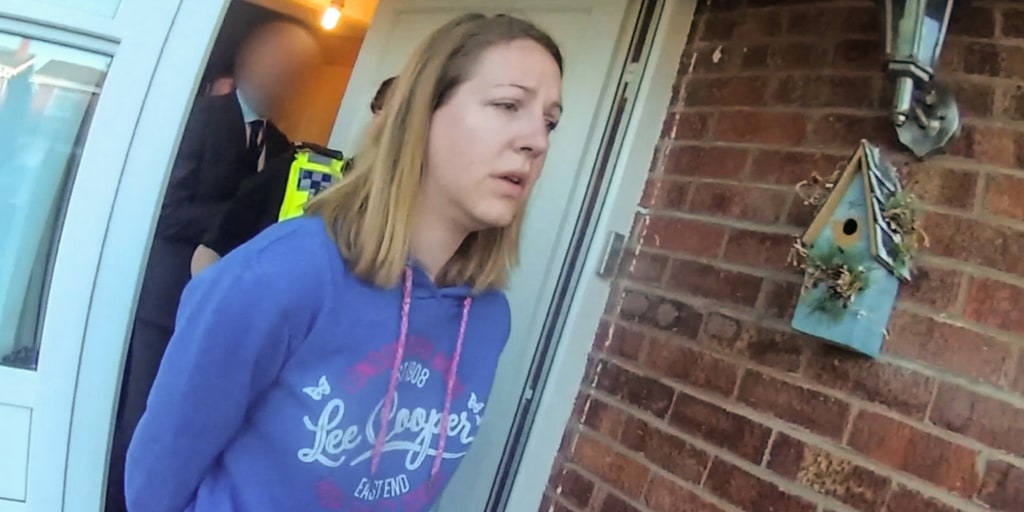
The Dark Legacy of Lucy Letby: Ongoing Investigations and Public Inquiry
By [Your Name]
Date: [Insert Date]
Background of a Tragedy
Lucy Letby, a 34-year-old former British nurse, has become emblematic of a tragic and chilling chapter in the realm of healthcare. Convicted of murdering seven infants under her care at the Countess of Chester Hospital, Letby now faces further scrutiny as investigations regarding potential additional victims intensify. Her case, which has captivated the nation, has raised probing questions about victim accountability, hospital oversight, and systemic failures in patient safety.
The Conviction
Letby’s convictions, issued last year, span a horrific timeline between June 2015 and June 2016. Her time in the neonatal unit of the Countess of Chester Hospital culminated in one of the most significant criminal cases in British history, leading her to be labeled as Britain’s most prolific modern-day child killer. Beyond the seven confirmed murders, she was also found guilty of attempting to murder seven other infants, with an additional count of attempted murder being added during a retrial earlier this year.
Investigations Intensify
In the wake of her conviction, authorities initiated a comprehensive review of Letby’s nursing career, specifically examining her time at the Countess of Chester Hospital and her training at the Liverpool Women’s Hospital. Cheshire Police recently confirmed that Letby has been taken in for questioning while incarcerated, as part of an extensive investigation into other infant deaths and non-fatal incidents that occurred at both medical facilities.
The police released a statement saying, “We can confirm that, following agreement, Lucy Letby has recently been interviewed in prison under caution in relation to the ongoing investigation,” indicating a serious commitment to uncovering potential additional victims of her actions.
Public Inquiry into Hospital Oversight
As the investigation unfolds, a public inquiry has been established to further delve into how Letby’s heinous acts went unnoticed for so long. This inquiry aims to scrutinize the hospital’s response to multiple complaints raised by medical professionals, who had voiced their concerns regarding Letby well before she was apprehended.
The inquiry’s objective is twofold: to hold accountable those responsible for overlooking her actions and to ensure that similar incidents do not occur in the future. It seeks not only to review procedures and protocols at the hospitals in question but also to advocate for transforming policy to prioritize patient safety above all else.
Controversy and Debate Surrounding the Case
Letby’s convictions have ignited a firestorm of debate across legal, medical, and media landscapes. Critics of the prosecution have highlighted issues surrounding the reliance on complex medical and statistical evidence that some argue could be interpreted in various ways. There are factions within the media and the public questioning whether Letby’s case signifies a larger miscarriage of justice, prompting reflection on the safeguards in place to prevent wrongful convictions.
Despite these challenges, Letby’s attempts to overturn her convictions have been summarily dismissed by London’s Court of Appeal, reinforcing the legal system’s position on her guilt. Nonetheless, public discourse surrounding her case continues, fueled by the never-ending quest for justice for the victims and their families.
Moving Forward: The Quest for Justice
The ongoing investigations and inquiries into Lucy Letby’s actions signal a profound commitment to ensuring that any additional victims are identified and that appropriate measures are put in place to prevent a recurrence of such tragedies. Authorities are diligently working to uncover every facet of her time as a nurse, focusing on securing justice for every child whose life was irreparably damaged.
As discussions emerge about the future of nursing practices and patient safety, the legacy of Letby serves as a critical reminder of the responsibility borne by healthcare professionals. The conversation must expand beyond her individual case, encapsulating broader systemic issues that require reform and attentiveness.


















